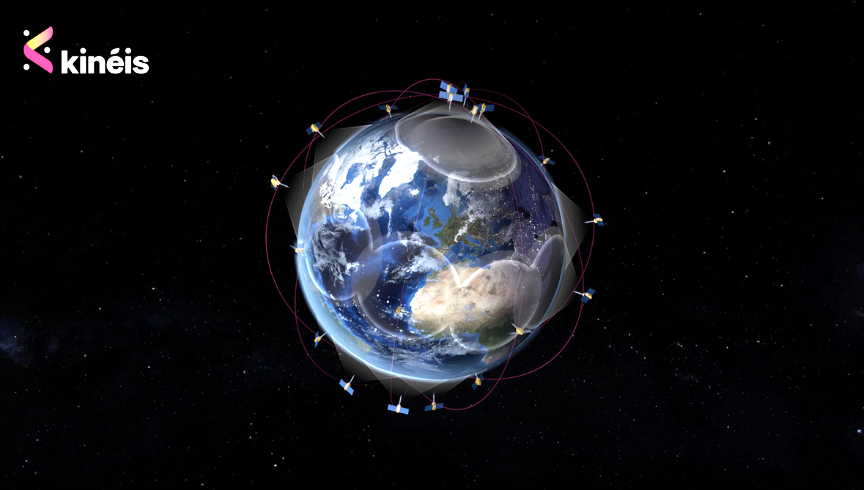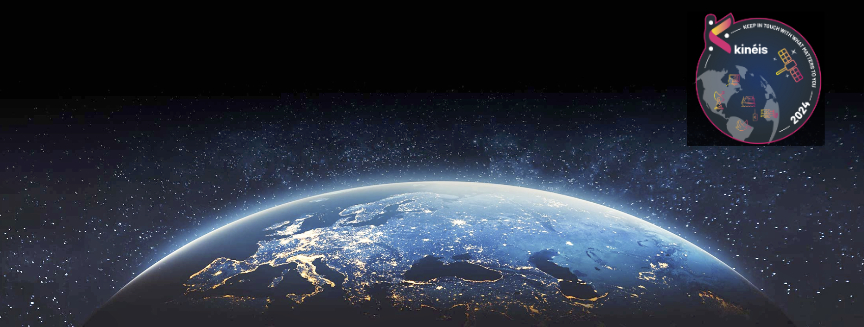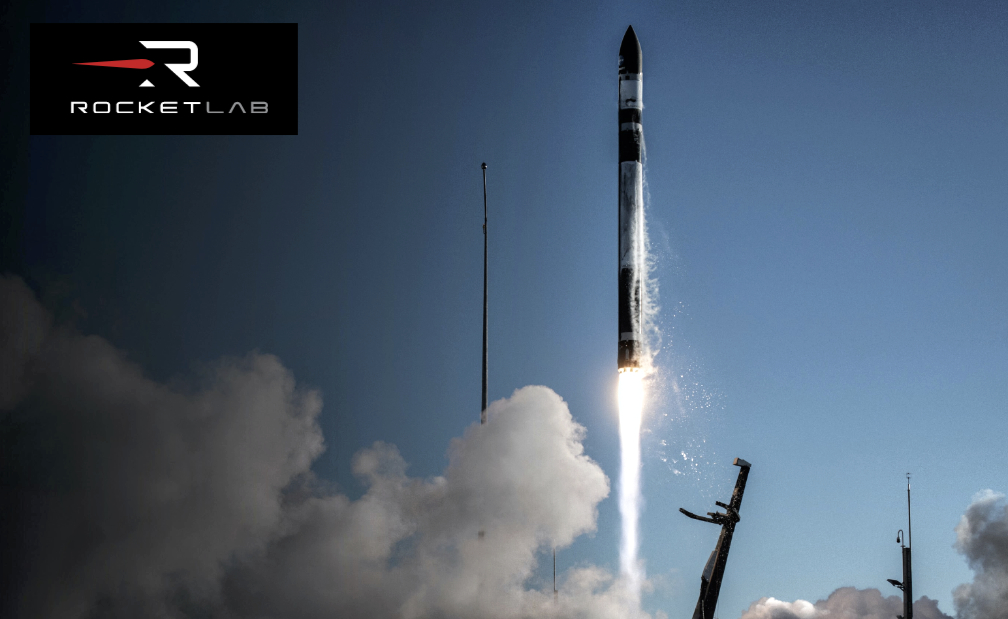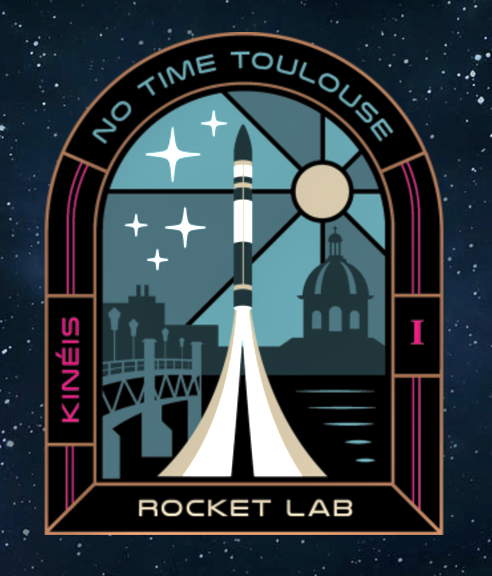
Kinéis is scheduled to deploy the 1st European constellation comprised of 25 nanosatellites and dedicated to IoT for June 18, 2024, engaging the first of five launches via Rocket Lab‘s Electron launcher — this launch phase comes four years after the company raised a historic 100 million euros in funding.

This first launch for Kinéis corresponds to the 50th launch of the Electron launch vehicle. Electron has strong flight heritage after seven years of launches and meets the constraints of the Kinéis constellation, which is positioned on 5 precisely defined orbital planes. With 5 satellites placed in orbit per launch, Kinéis is the sole passenger on each of the five launches, enabling it to control its launch schedule and improve the operability of satellite positioning.
The 5 launches required to deploy the Kinéis constellation are scheduled to occur between June 2024 and early 2025, a first for the new French space sector. The launches will take place from Rocket Lab Launch Complex 1 on the Māhia Peninsula on the east coast of New Zealand’s North Island. The Rocket Lab mission Control Center is located in Auckland, the country’s economic capital, around 500 km from the launch base.

Thanks to the constellation of 25 nanosatellites, Kinéis’ mission is to connect an object anywhere in the world (including black points) and transmit useful data to users, in near real time, from any point on the globe.
Kinéis operates for a global market (with subsidiaries in the United States, Brazil and Singapore) in fields that represent major challenges for mankind, its activities and its environment today: prevention of natural risks (detection of forest fires, floods, drought, pollution, etc.), agriculture, traceability of wild and farmed animals, monitoring of infrastructures and energy networks, monitoring of transport and logistics, monitoring of commercial and scientific maritime activities. The applications are infinite and the benefits considerable: risk reduction, anticipation of breakdowns, optimization of activities, etc.

With a reference to the Pink City where Kinéis is based and where the 25 nanosatellites in the constellation are produced, the mission for this 1st launch is called ‘No Time Toulouse’. Rocket Lab designed the patch for this mission.
Alexandre Tisserant, Chairman of Kinéis, said,
”Kinéis is proud and confident to entrust the deployment of its IoT constellation to Rocket Lab. The Electron launcher meets our technical requirements for positioning the 5 nanosatellites for each of our 5 launches. Kinéis is leading the IoT revolution thanks to its space connectivity, which will enable any object to be connected anywhere in the world.”
Peter Beck, Rocket Lab founder and CEO, said, “We’re excited to launch Kinéis on the first of five dedicated Electron launches. Electron is perfectly suited to deploying constellations as we can deliver spacecraft to multiple orbital planes across multiple missions, and we’re proud to make this possible for the team at Kinéis.”
Follow the Kinéis live show from Toulouse with the live broadcast of the launch
from New-Zealand at this direct link…
